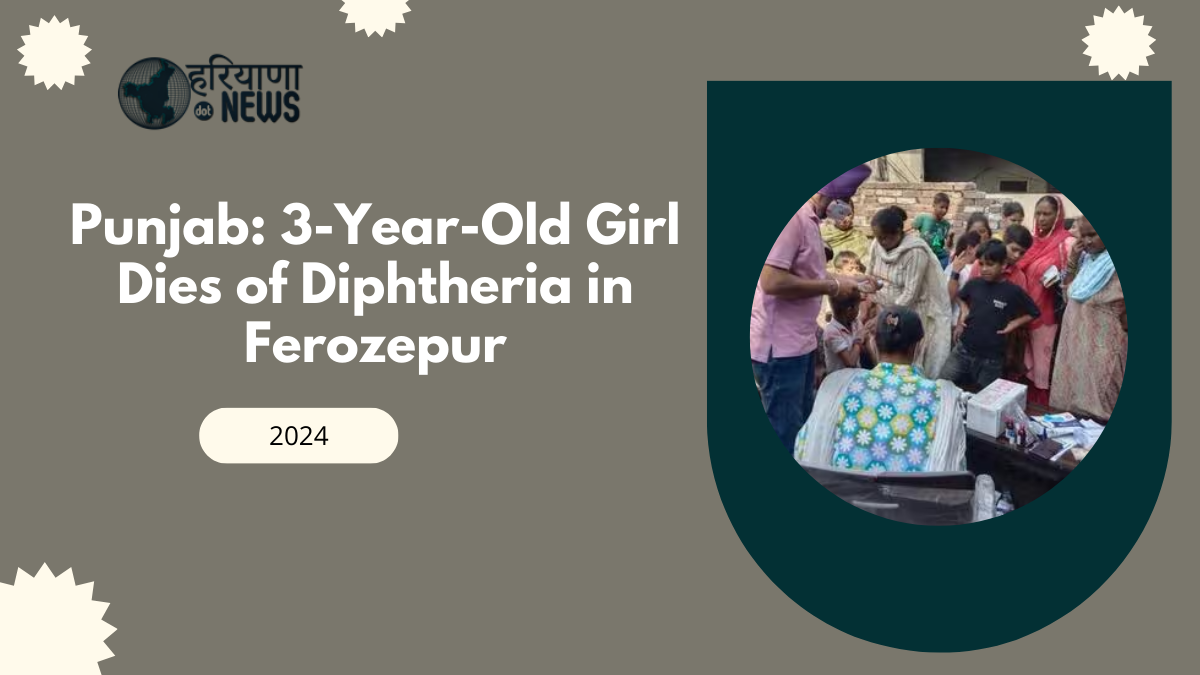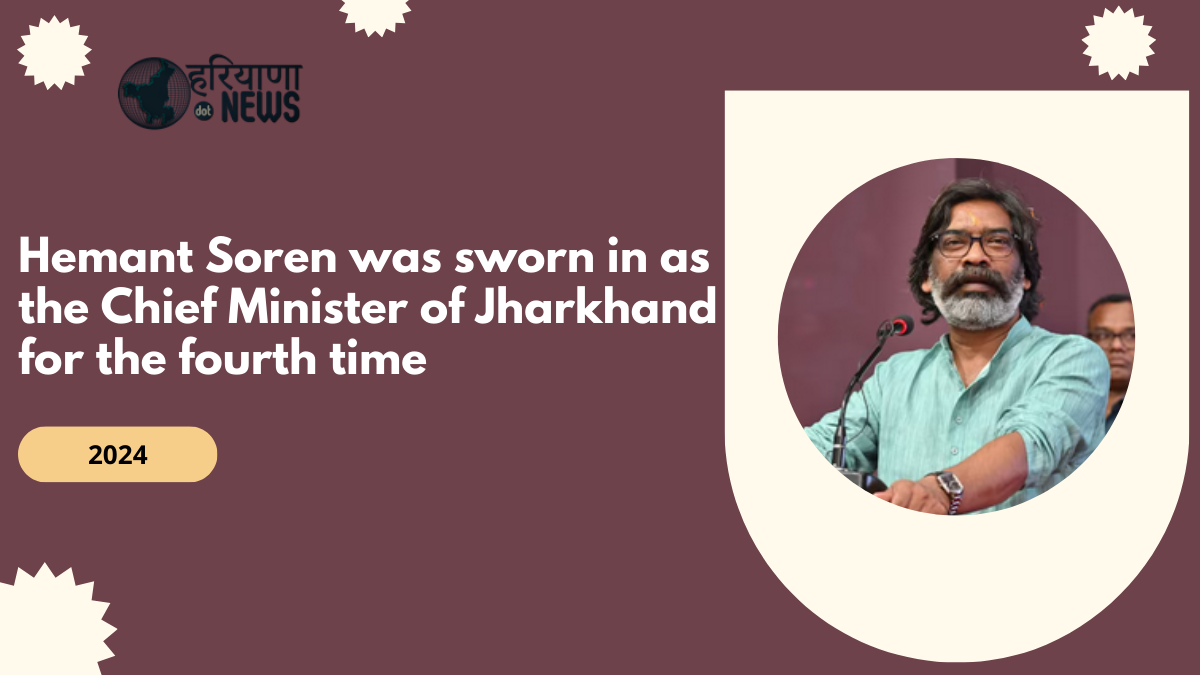In response to the death of a three-year-old girl from Ferozepur, Punjab, due to diphtheria, health authorities, together with a team from the World Health Organization (WHO), have sprung into action. The girl passed away on October 8, and efforts are underway to prevent further spread of the disease in the region.
3-Year-Old Girl Dies of Diphtheria in Ferozepur
The unfortunate death of the young girl, who lived in Awa Basti, Ferozepur, has prompted swift intervention from the health department. A total of eight teams from the local health department, along with WHO officials, have been conducting extensive surveys in the affected area to assess the situation and curb the outbreak.
Rajwinder Kaur, the civil surgeon in Ferozepur, confirmed that the victim was from a migrant family that had not ensured proper immunization for their children. The girl was initially brought to the local civil hospital in critical condition, where her case was deemed severe. She was later referred to Guru Gobind Singh Medical College and Hospital in Faridkot, where she tragically succumbed to the infection.
The Health Department and WHO Teams Mobilise
Dr Kaur reassured the public that the health department and WHO teams are conducting detailed ground surveys to contain the diphtheria outbreak. They are leaving no stone unturned to prevent the disease from spreading further.
The victim’s two brothers, aged two and seven, were also found to be unvaccinated and have never attended school. This raises concerns about the overall lack of immunization in the family, which is believed to be the primary cause of the girl’s fatal infection.
Vaccination Drive Intensifies as Fear Grips the Community
Following the tragic death, a sense of urgency has gripped the local population, with many families rushing to immunize their children. To combat the outbreak, the health department has launched an extensive vaccination drive. So far, 170 children in the area have been vaccinated to protect them from diphtheria.
District epidemiologist Yuvraj Narang highlighted that diphtheria is particularly dangerous for children between the ages of two and ten, though adults can also contract the infection. Narang emphasized the importance of regular vaccinations, stressing that neglecting this can lead to severe cases like the one that claimed the young girl’s life.
Despite the availability of vaccines, some parents hesitate to get their children vaccinated, which is a significant contributing factor to outbreaks like this.
Door-to-Door Awareness Campaigns and Preventative Measures
Local health workers, along with WHO teams, are actively conducting door-to-door awareness campaigns to educate families about the importance of vaccinations. These teams are working tirelessly to ensure that children in the community are immunized and that any signs of the disease are detected early. The goal is to prevent the spread of diphtheria and save lives.
 Discovering the Ultimate Benefits of Amla Oil for the Best Haircare Experience
Discovering the Ultimate Benefits of Amla Oil for the Best Haircare Experience
 Breast Cancer: Key Early Symptoms Women in Their 20s, 30s, and 40s Should Not Overlook
Breast Cancer: Key Early Symptoms Women in Their 20s, 30s, and 40s Should Not Overlook
 A 30-Minute Bodyweight Workout That Requires No Equipment: Are You Up for the Challenge?
A 30-Minute Bodyweight Workout That Requires No Equipment: Are You Up for the Challenge?
 50% of Delhi Government Employees to Work from Home Amid Alarming Air Pollution Levels, Announces Gopal Rai
50% of Delhi Government Employees to Work from Home Amid Alarming Air Pollution Levels, Announces Gopal Rai
 Vitamin D Supplements May Help Lower Blood Pressure in Older Adults with Obesity
Vitamin D Supplements May Help Lower Blood Pressure in Older Adults with Obesity





Health workers are also closely monitoring affected areas and urging families to cooperate with the health teams. Their focus is on spreading knowledge about the symptoms of diphtheria and encouraging timely vaccinations.
Symptoms and Prevention of Diphtheria
Medical experts explained that the symptoms of diphtheria usually appear between two and five days after infection. These symptoms include difficulty breathing, swelling in the neck due to enlarged lymph nodes, and persistent fever. The disease can spread rapidly if not treated in time, making early detection and treatment crucial.
To prevent diphtheria, it is essential that children receive the DPT (Diphtheria, Pertussis, and Tetanus) vaccine at specific intervals. The vaccine schedule typically includes doses at 1.5, 2.5, and 3.5 months, with booster shots at 16 to 24 months and again at five to six years of age. Experts noted that the bacteria responsible for diphtheria tend to spread most quickly during the rainy season, making preventive measures even more critical during this time.
Public Urged to Stay Alert and Follow Health Guidelines
Authorities are urging the community to remain vigilant and cooperate fully with health protocols. By ensuring that children are properly vaccinated and keeping an eye out for symptoms, further deaths and spread of the disease can be avoided. Public cooperation is critical to controlling this outbreak and protecting vulnerable individuals in the community.
The death of the three-year-old is a tragic reminder of the dangers posed by preventable diseases like diphtheria. Health officials are hopeful that with quick action, continued vaccination efforts, and public awareness, the spread of this disease can be stopped, safeguarding the health of the community.
Click here to know more.






